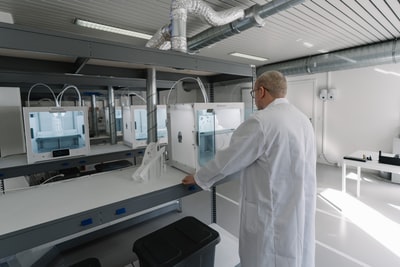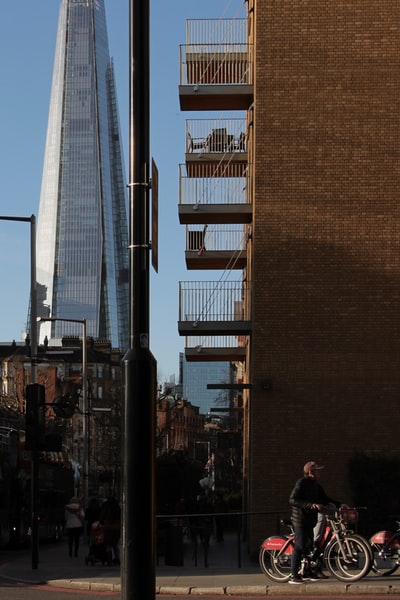Newsletter Signup
Subscribe to our newsletter below and never miss the latest updates or an exclusive offer.

Aston Triangle, Birmingham, B4 7ET, UK
Current courses:
108
Aston University
Birmingham, BirminghamContact Aston University
| Phone | 0121 204 3000 |
| Fax | 0121 204 3696 |
| Web | www.aston.ac.uk |
| [email protected] |
87%
Overall Satisfaction
11%
Time in Lectures
28%
Course Work
£6,524
Max Fee
£7,527
Average Uni Accomodation
£5,325
Private Accomodation
87%
Go on to work or study
74%
Employed after 6 months
£23,037
Average Salary
358
Average UCAS Points
158
Lowest UCAS Points
5%
1st Class Degree
Information
About Aston University

Address and Location
Aston University's 60-acre campus sits in the heart of Birmingham, only ten minutes from the city's Bullring entertainment and shopping centre. The city is one of the busiest in the country, with a thriving 65,000-strong student population and excellent transport links to all areas of the UK.
Aston UniversityAston TriangleBirminghamB4 7ETT: 0121 204 3000Background and History
Founded in 1895 and recognised as a university since 1966, Aston shares the motto of its home city: "Forward". Known internationally for its varied research output and excellent connections with the professional world, the university has been closely linked to business and industry since the nineteenth century.
Location and Accessibility
By road: When travelling from any part of the UK, the easiest route into Birmingham is via the M6. Exit at Junction 6 and follow signs for the A38(M) to the city centre. Ignore signs to 'Aston' until the motorway ends. Signs then appear for the university. Parking is not normally available for visitors but two 'Pay Display' car parks - Millennium Point and Faraday Wharf - are situated close to the campus.
By rail: Birmingham New Street station is a fifteen-minute walk from the university. On arriving at the station, take the exit ramp onto Corporation Street and follow the road until you reach the campus. A small number of regional services arrive at Birmingham Snow Hill and Moor Street stations, these are only a ten-minute walk to the university.
Accessibility: Students with mobility and learning needs who are considering applying to Aston should contact the university to arrange a visit beforehand. There is a charge for this support, but the majority of costs can be covered by the Disabled Students' Allowance.
What's on Offer
BSc, LLB, MEng, BEng, MChem, MSc, PhD, MPhil, Executive DBA, Foundation, Graduate Diploma
Entry Requirements
Three subjects at A-Level (or equivalent) are required for entry onto a degree programme. The university does not make offers based purely on UCAS points, however - work experience and non-formal qualifications are also considered. If an offer is made on points, it will be in relation to a specific qualification for the degree subject.
Accommodation at Aston University

University Accommodation
The £215m Aston Student Village project has boosted the standard of on-campus accommodation to include 2,400 additional rooms. The project has also provided fresh landscaping and brand new common rooms. Prices vary, from the economic Stafford Tower rooms with shared bathrooms to newly built residencies with shared kitchens and en suite bathrooms.
Private Accommodation
A huge variety of private accommodation is available across the city. The Student Union is on hand to help students find rooms or shared houses for rent.
Courses & Fees

Academic Strengths and Research
Aston has a long research tradition. Much of the university's work is focussed on solving real-world problems, supporting businesses and creating positive impact in communities. Research success stories include the invention of the first robotic drill for cochlear implant surgery, and development of the world's longest laser, which at a length of 270km has the potential to revolutionise telecommunications.
Tuition Fees
All undergaduate courses currently cost £9,000 per year. Fees for international students, postgraduates and foundation courses vary.
Financial Support: Aston estimates that around 65% of students are eligible for one or more of the university's scholarships. Government grants are also available.
Facilities at Aston University

Academic Facilities
Aston University is strongly committed to sustainability, ranking 10th of 130 universities in a recent 'People and Planet Green League' survey. A new main library has been completed recently, and a new Bioenergy Research Institute opened in 2013.
Other on-site Amenities
Thanks to the Aston Student Village project, there are now a number of sport pitches on campus. The University's Woodcock Sports Centre has been recently redeveloped and now offers a grade II-listed swimming pool and state-of-the-art gym and sports facilities.
Medical and Social Care
The Halcyon Medical Centre is less than 10-minutes walk from campus and open to all students. There is also a satellite health clinic on campus and a dental practice and optician's.
What's on in the Area
Birmingham is the second largest city in the UK and, with a 65,000-strong student population the town is never short of things to do. The recently reopened Birmingham Ballroom is a two-minute walk from campus and hosts live gigs almost every night. It's also the home of Birmingham's roller disco. Just outside the city centre are the National Indoor Arena, NEC Arena and LG Arena. These venues welcome the biggest touring artists from around the world to play to capacity crowds. If mainstream bands aren't your thing, The Drum regularly hosts live music and is dedicated to promoting African, Caribbean and Asian arts.
Moving On
Aston University regularly ranks in the UK top 10 for graduate employability. Many of the university's courses were developed in conjunction with business partners to ensure that students gain industry-needed skills.
Did you know?

Nearly 40% of Birmingham's population are under 25, making it one of the most vibrant cities in Europe. It's diverse, too: the cityhas over 200 restaurants, serving cuisine from 27 different countries.
Former Aston students include Jasper Carrot and Gregor Townshend MBE.Is Aston University the place for you?
For a trusted degree in a specialised industry, Aston is a good bet thanks to its focus on business networking. If you love the city but don't feel the self-contained campus is big enough, take a look at the University of Birmingham.




















